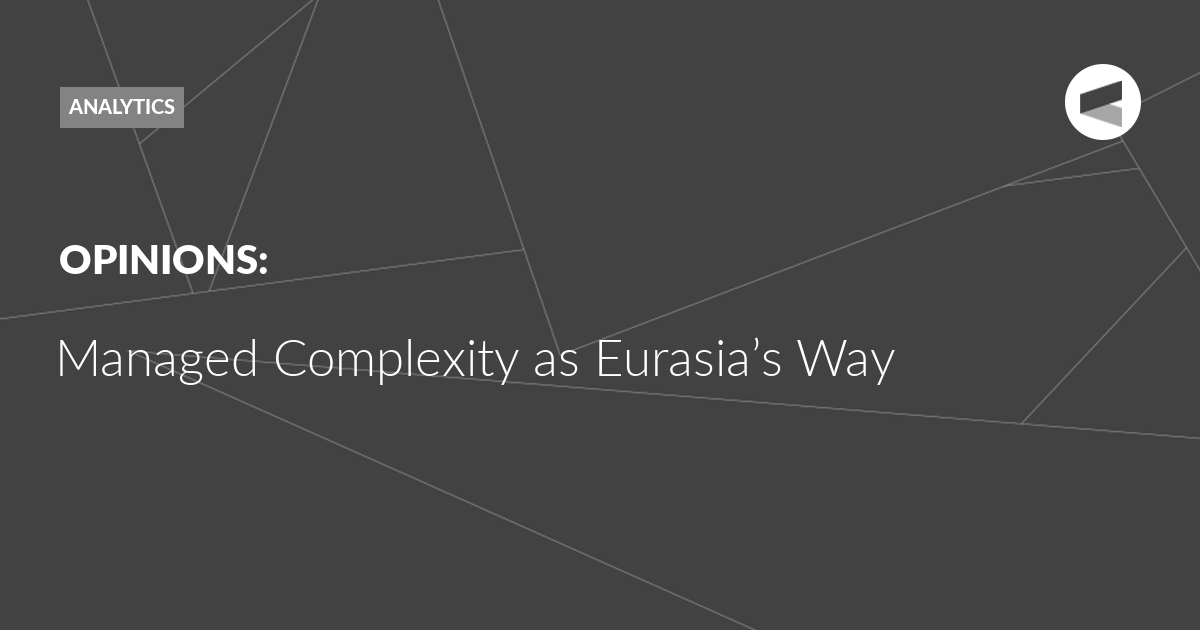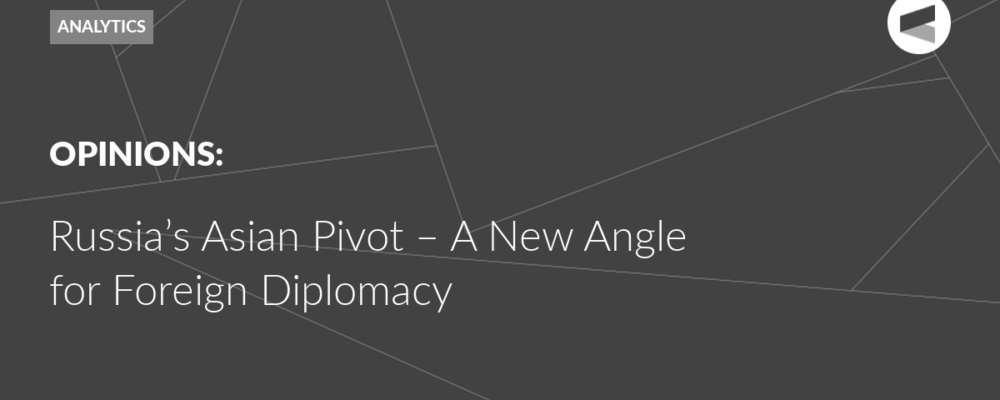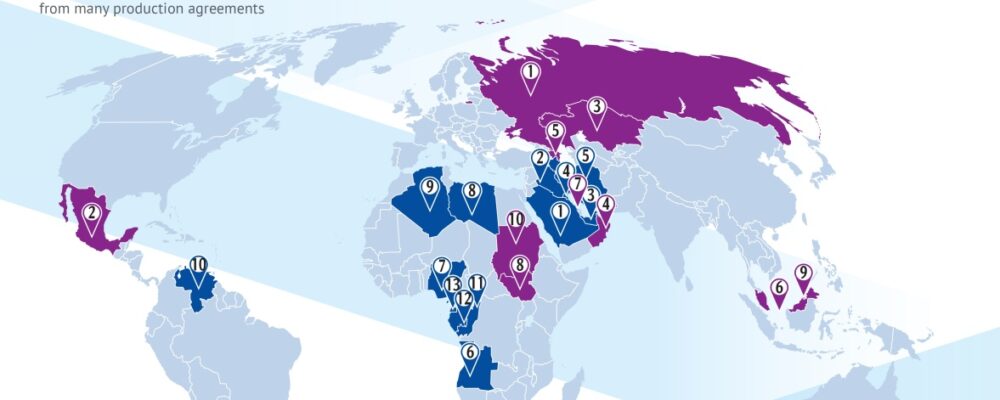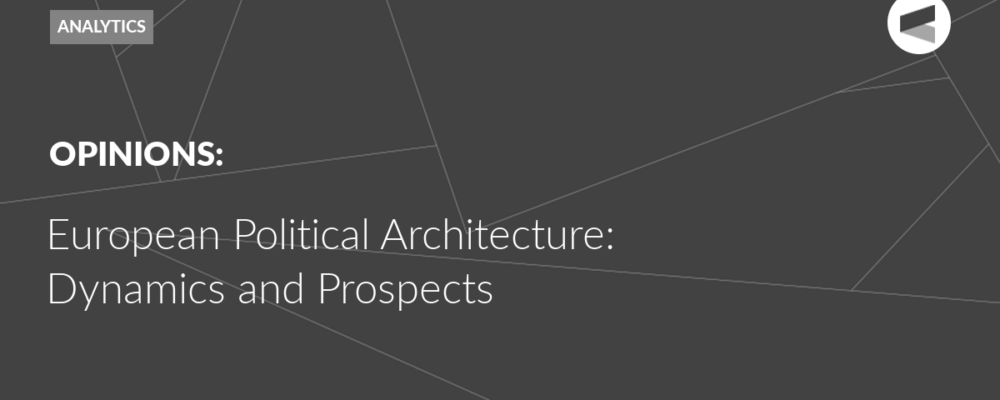The Eurasian countries’ desire for strategic autonomy and their quest for alternative development paths clash with their dependence on inherited systems – be they technological platforms, financial mechanisms, or the language used to describe the world. Chaos is frightening, evoking nostalgia for a lost order and a desire to build a new one using familiar templates. But this is hardly possible. The key challenge for Eurasia is to find the courage and intellectual resources to shape its own vision of a polycentric world order.
On November 10-11, Istanbul hosted the Valdai Club’s 16th
Asian Conference. The venue itself shaped the agenda; in a city straddling two continents, discussions of Asian affairs inevitably demanded a broader Eurasian perspective. The conference’s theme was closely linked to the Club’s 22nd Annual Meeting, where participants reflected on the implications of the world’s entry into the era of polycentricity. The challenges and opportunities this presents for Eurasia were the focus of the Istanbul discussions.
The conference opened with a closed-door session on the evening of November 10, focusing on the recently popular concept of middle powers – states often characterized by their pursuit of strategic autonomy. The term itself is highly controversial. What quantitative parameters distinguish a middle power from a small one? Are they based on population, military might, or a distinct, albeit limited, ability to influence international politics? This status has always possessed a certain charm, allowing countries to distance themselves from the excesses of great power politics while still emphasizing a special role on the global stage. But does such self-identification truly help us understand international processes?
These questions sparked a heated debate. Despite differing definitions, participants agreed that the role of middle powers grows during periods of systemic crisis – or, in Valdai Club terminology, when the global order is crumbling. We are living through precisely such a period today, characterized by the West’s loss of the undisputed political, economic, and technological primacy that has defined international relations for centuries. Middle powers are far from unanimous in their view of this shift: many perceive it as a direct threat, and it is precisely this desire to hedge risks that fuels their growing agency on the global stage.
The discussion brought together experts from Central and South Asia, the Gulf, and, of course, the host country. For decades, Turkey has stood as a textbook example of a middle power, one that carefully calculates its strategy within a complex international environment and demonstrates remarkable geopolitical manoeuvring skills. Notably, it was at the suggestion of the conference’s Turkish co-organiser, the Ankara Institute, that the term (dis)order was incorporated into the session titles – a formulation that reflects both the search for new opportunities and a wariness of the profound changes unfolding in the world.
The Valdai Discussion Club was established in 2004. It is named after Lake Valdai, which is located close to Veliky Novgorod, where the Club’s first meeting took place.
Please visit the firm link to site






